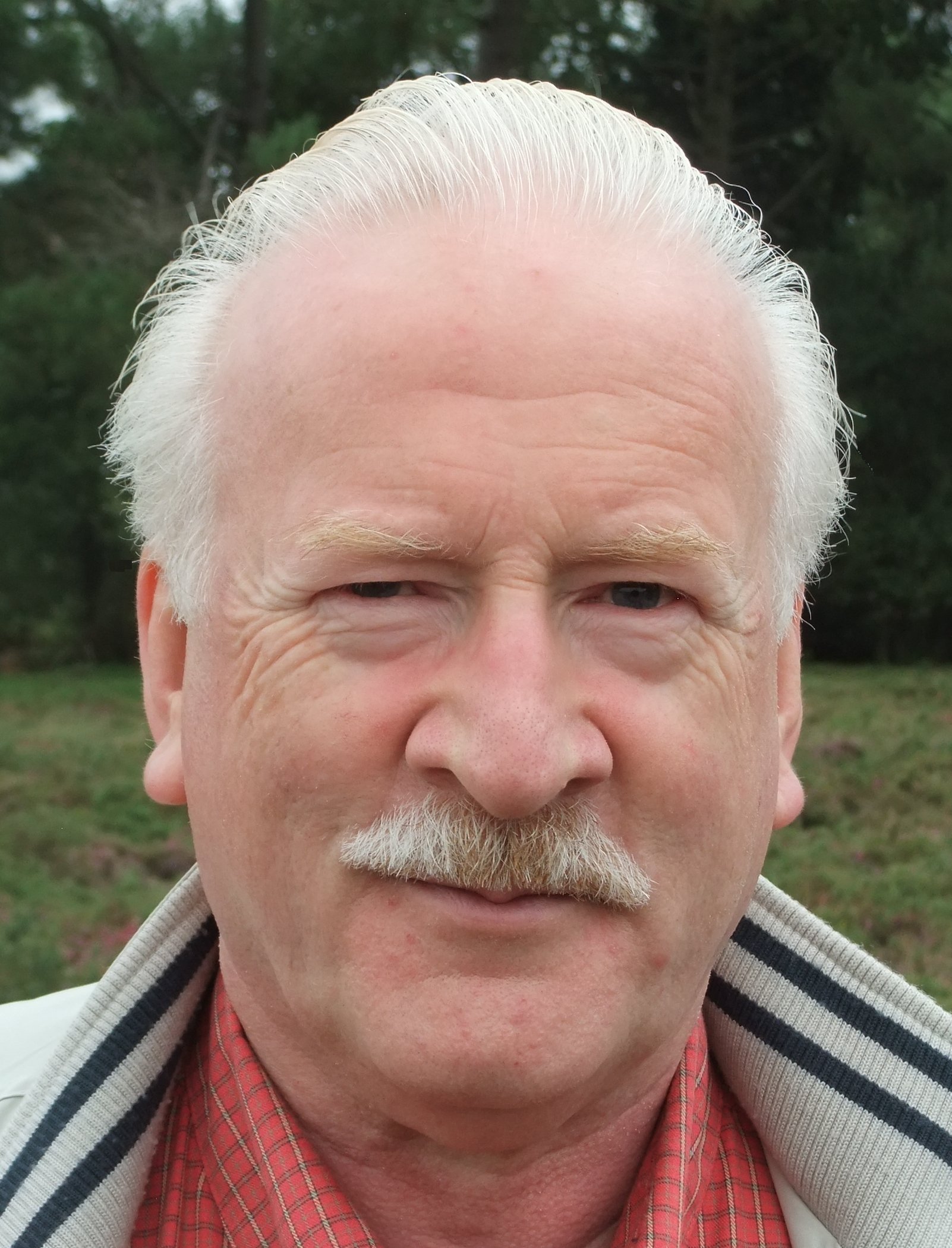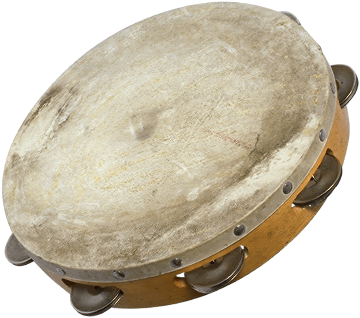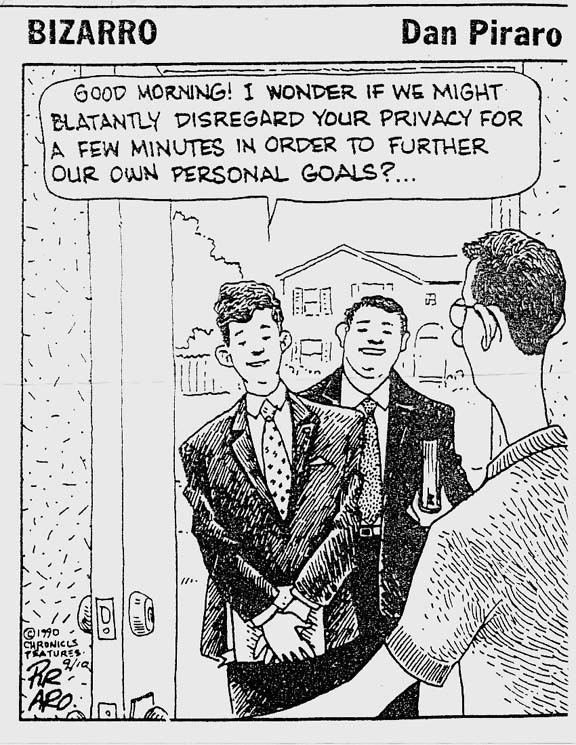 Paul Inwood is at it yet again (see previous posts here and here): writing (on Pray Tell) what would be deliberate falsehoods about the Traditional Mass, and its supporters, if it were clear he had the integrity to read the documents properly. As it is I suspect wishful thinking has got the better of him. His comment in red, my responses in blue.
Paul Inwood is at it yet again (see previous posts here and here): writing (on Pray Tell) what would be deliberate falsehoods about the Traditional Mass, and its supporters, if it were clear he had the integrity to read the documents properly. As it is I suspect wishful thinking has got the better of him. His comment in red, my responses in blue.
This, I am afraid, is a very commonly-encountered misunderstanding.
(1) The provision is there for members of a parish to petition their pastor for Masses in the extraordinary form if they have previously been used to having it, and feel that their spirituality is lacking without it. It is not a blanket permission. Benedict XVI himself said that this will only apply to a very small number of people, and that for most people the Ordinary Form will continue to be the norm. (Interview en route for France, September 12, 2008)
Rubbish. The Instruction Universae Ecclesiae 15 explicitly says that the groups asking for the EF need not have existed before, and places no great hurdle for the importance of the EF to their spiritual lives: it talks of groups which 'even after the
publication of the Motu Proprio, come together by reason of their veneration for
the Liturgy in the Usus Antiquior,' The Holy Father explicity says in the Letter to Bishops accompanying the Motu Proprio that 'that young persons too have discovered this liturgical
form, felt its attraction and found in it a form of encounter with the
Mystery of the Most Holy Eucharist, particularly suited to them. Thus
the need has arisen for a clearer juridical regulation which had not
been foreseen at the time of the 1988 Motu Proprio.' Few such young people can have been 'used to it', since they weren't born before 1970 and the EF wasn't widely available before the Motu Proprio.
 It is a 'blanket permission',
since any priest anywhere in the Latin Rite can now say the EF: pastoral
reason or no pastoral reason. It is simply allowed: as the MP says
It is a 'blanket permission',
since any priest anywhere in the Latin Rite can now say the EF: pastoral
reason or no pastoral reason. It is simply allowed: as the MP saysIn Masses celebrated without the people, each Catholic priest of the Latin rite, whether secular or regular, may use the Roman Missal published by Bl. Pope John XXIII in 1962, or the Roman Missal promulgated by Pope Paul VI in 1970, and may do so on any day with the exception of the Easter Triduum. For such celebrations, with either one Missal or the other, the priest has no need for permission from the Apostolic See or from his Ordinary.' (Oh and people can come to these Masses: see article 4.)
(2) It does not give permission to proselytise in an attempt to draw in new adherents. It is only for existing adherents who feel deprived.
But there is no need to give permission to 'proselystise': how could such activity, by which Inwood presumably means the encouragement of a legitimate form of the liturgy and spirituality, possibly be banned? If the idea were not so preposterous, one could point to the establishment of the Traditional Orders back in 1988 as evidence that the Holy See is perfectly happy with people promoting the EF.
(3) It does not give permission to claim that the Extraordionary Form is on a par with the Ordinary Form. The EF permission is only, once again, for a small number of people who have not been able to let go of that form. It is, as its title declares, extra-ordinary (i.e. abnormal). It is not “half of the Roman Rite”; it is a minority manifestation of the Roman Rite.
 It is on a par with the OF in the sense that 'each Catholic priest of
the Latin rite, whether secular or regular, may use the Roman Missal
published by Bl. Pope John XXIII in 1962, or the Roman Missal
promulgated by Pope Paul VI in 1970'. And in the sense that religious communities can adopt it as their proper rite (Article 3). And in the sense that the Faithful can freely attend one or the other. And in the sense that the EF should be taught in seminaries (Universae Ecclesiae 21). So what, exactly, is your point, Mr Inwood?
It is on a par with the OF in the sense that 'each Catholic priest of
the Latin rite, whether secular or regular, may use the Roman Missal
published by Bl. Pope John XXIII in 1962, or the Roman Missal
promulgated by Pope Paul VI in 1970'. And in the sense that religious communities can adopt it as their proper rite (Article 3). And in the sense that the Faithful can freely attend one or the other. And in the sense that the EF should be taught in seminaries (Universae Ecclesiae 21). So what, exactly, is your point, Mr Inwood?
(4) Similarly, it does not give permission to claim (as most of its adherents seem to do) that the Ordinary Form is merely tolerated, and that the Extraordinary Form is the only true form, which should replace the Ordinary Form whenever possible. The Ordinary Form is normative; the Extraordinary Form is the exception, not the rule.
If 'most adherents' of the EF claim that the OF is 'merely tolerated', it will be easy to quote them, won't it, Mr Inwood? So let's have names, quotes, and urls. I'm intrigued to know what this means.
And if the EF replaces the OF as time goes on, in part or (unlikely as it seems today), wholly, because of laity and clergy voting with their feet, what exactly would be wrong with that? The 1970 Missal was promulgated for the good of the Church: not as a prison. If the good of the Church can be served in other ways, half a century and more later, then no one has any cause for complaint.
How true that it.
I love this phrase of Inwood's: the Mou Proprio was for 'a small number of people who have not been able to let go of that form'. It puts his own feelings so well: he is part of a small and diminishing group of people who can't let go of the 1970s, who can't let go of their power in the Church and give way to a new generation who think a bit differently. Well I'm sorry but there'll be no Motu Propro for you: no Pope is going to enforce your tyranny over everyone else just so you can pretend it is still 1976.

I didn't read the original, so thank you for publihing it here, and your response.
ReplyDeleteI am sure Mr Inwood is not a stupid man, so it would appear that this is deliberately dishonest reporting of Summorum Pontificum and Universae Ecclesiae. These are not difficult documents to understand, so why is Mr Inwood deliberately spreading misinformation?
I am told on the same forum he seems to present a very unbalanced view of the Church's preference for Liturgical Music, in short, that it prefers his music to that in its official books, again why is Mr Inwood deliberately spreading misinformation?
Excellent post Dr Shaw, I would suggest the Mr Inwood has an irrational fear of the Traditional Latin Mass. He is simply putting his own wishes forward and paying little attention to the documents and teachings of Pope Benedict he is also misrepresenting the make-up of Catholics who attend the EF Mass.
ReplyDeleteAs someone who regularly attends an EF Mass and sometimes the an Ordinary form the Mass, I would say that in our parish the proportion of young families and young people attending the EF Mass is about the same and the Ordinary form the Mass, and that as we have a regular EF Mass every Sunday our congregation is a about just over a third (sometimes half) of those attending an Ordinary Form Mass. Our Mass figures would be even higher if it was at a more convenient time.
Interestingly in the new Portsmouth People just out there is an article by a young eighteen year old who has attended the EF Masses at Reading and is full of praise for his experience. Young Thomas Messenger is a good friend of mine I am happy to say. It is not a case of the young man respecting the old but rather the old man respecting the young man. I wonder if Mr Inwood will respond.
ReplyDeleteSlowly but surely the NO has gone out of the door (and Mr Inwood with it, eventually).
ReplyDelete